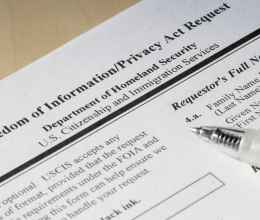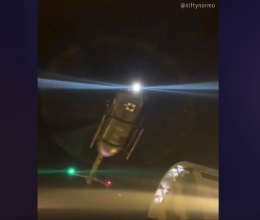In July 2008 Congress amended the Foreign Intelligence Surveillance Act to allow the mass surveillance of U.S. citizens’ and residents’ international telecommunications, as long as they are not the “targets” of those interceptions. The National ACLU immediately filed suit in New York challenging the new law’s constitutionality. Because that issue will also be before the Foreign Intelligence Surveillance Court when it considers applications for warrants, we filed a motion in that court asking it to allow the ACLU to file a brief about the constitutionality of the amendments in whatever “case” first presents that issue, to allow us to participate in any oral argument about that issue, to require the government to file public versions of its briefs on that issue, and to make public any decision on that issue.
The court ordered the government to respond to our motion. Its response argued that our participation was precluded “by statute, court rule, and mandated security measures,” and that in any event we could not present any meaningful argument because we could not have access to the classified “certifications and procedures” that would be before the court.
In August 2008 the court found that our participation was “unlikely to provide meaningful assistance to the Court” because we could not have access to the classified information that would be before the court, and so denied our motion. We did not appeal, because the rules of the FISA court allowed appeals only by the government!



